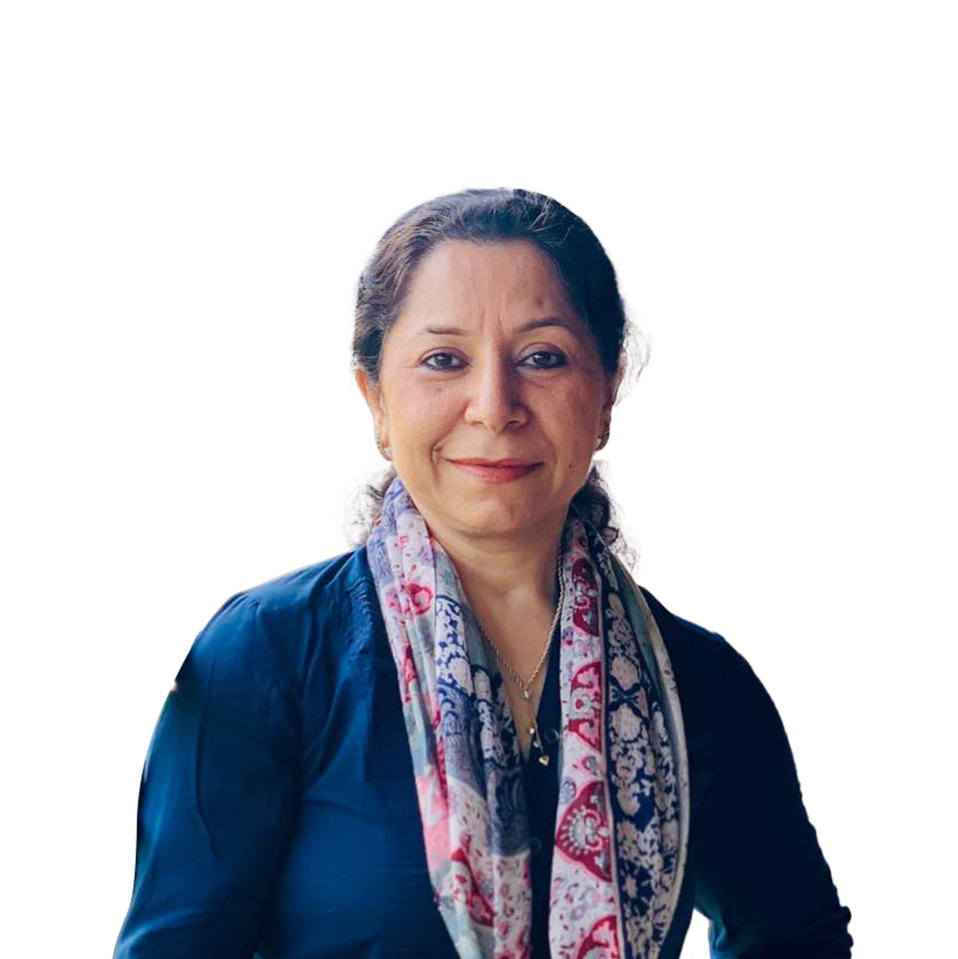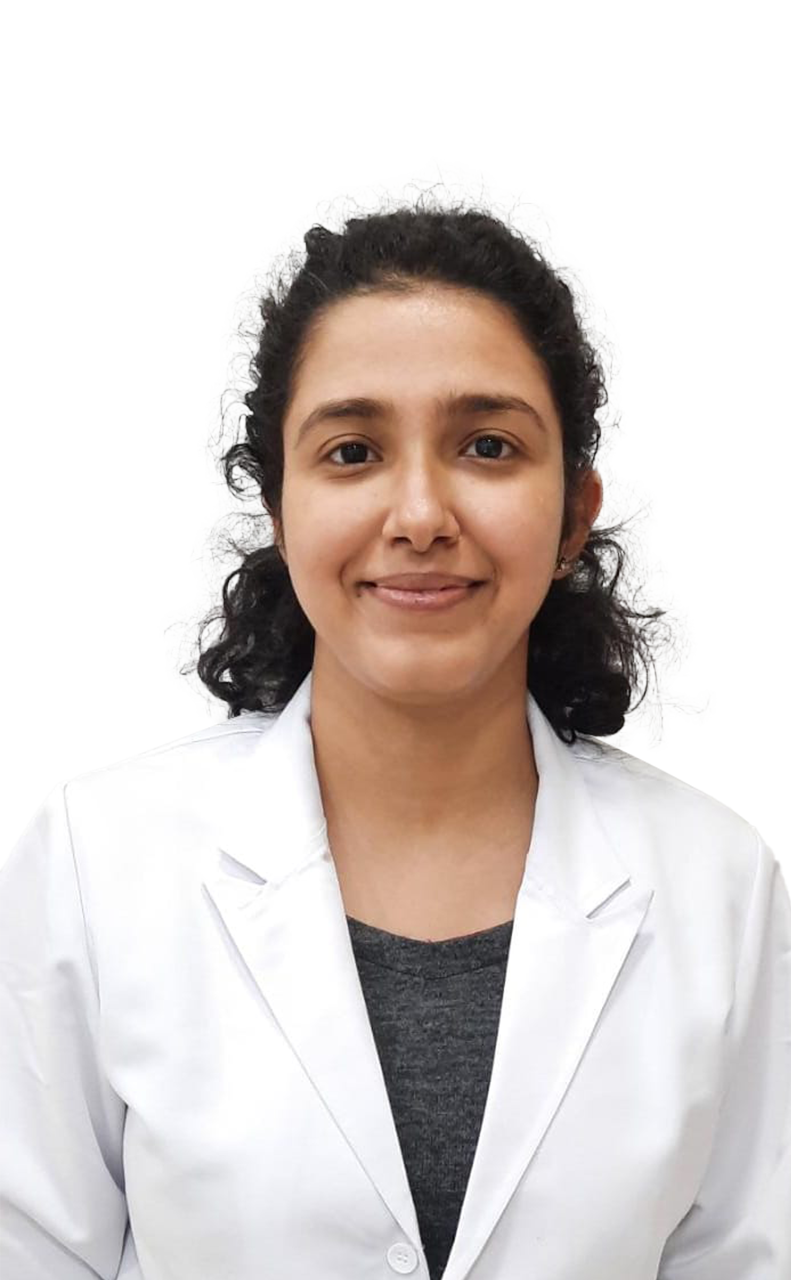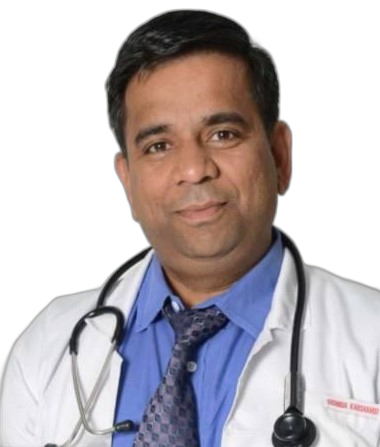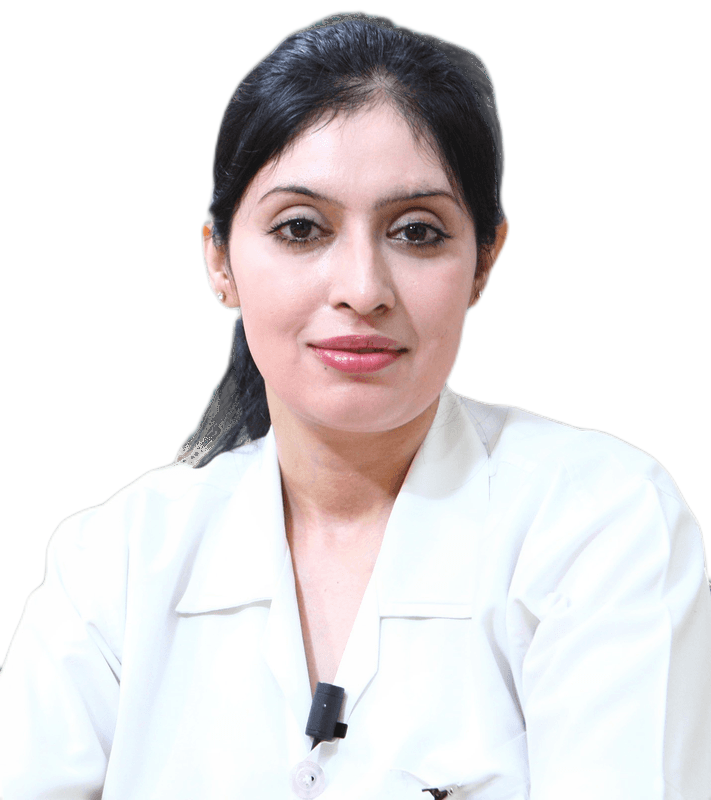WHAT WE TREAT
DISCOVER
SHOP ALL
Fertility

Understanding Female Infertility
The inability of a woman to get pregnant and conceive a child is called female infertility. Usually, 1/3rd of the infertility cases are because of male problems, 1/3rd are due to female issues and 1/3rd are due to unknown issues of both.
Symptoms of Infertility
Irregularity in the menstrual cycle or skipped periods, unbearable periods or intercourse pains, excessive hair growth on arms, chest, face and back due to hormonal imbalance, and extra weight loss or gain due to PCOS or thyroid are the most common symptoms of female infertility.
Causes of Infertility
Absent or irregular ovulation, blockage or damage to the fallopian tube, uterine abnormalities like adhesions, fibroids or polyps inside the uterus, Endometriosis (a painful situation where the tissue linings start growing outside the uterus), and age factor
How Common is it?
51%
of Indian women aged 30-45 experience infertility issues
23%
of women are affected with PCOS leading to infertility
29%
of Indian women with ovulatory disorders experience infertility
15%
of women suffering from endometriosis go through infertility problems
Want to find out more? We worked with our doctors to create this Ultimate Guide to ED
Your personalized Treatment
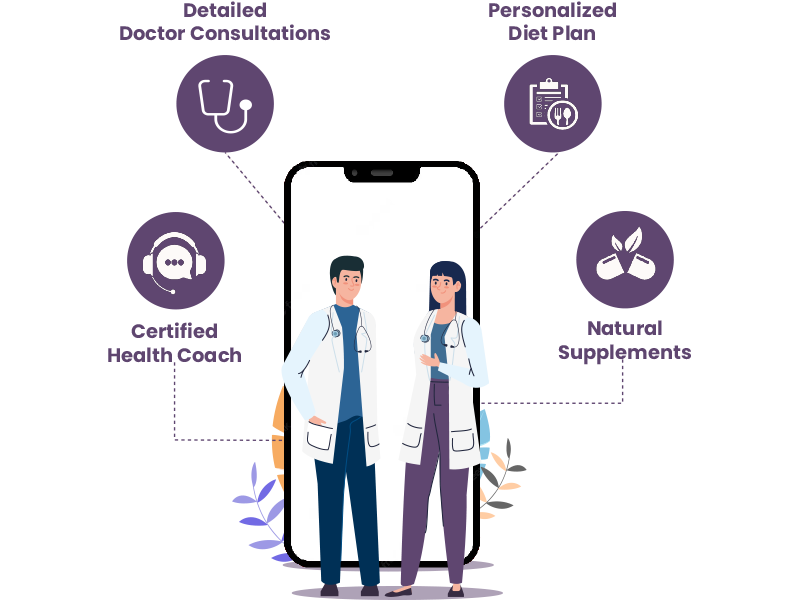
Our Medical Board
FAQ

Can female infertility be prevented?
Most forms of female infertility cannot be predicted or prevented. However, the risk factors that may contribute to infertility can, in some cases, be controlled to prevent this condition. For example, lifestyle modifications, such as reducing alcohol consumption and quitting smoking, may be beneficial to one’s fertility, as is maintaining a healthy weight and developing good exercise habits. It’s important to regularly visit your healthcare provider and discuss any other risks you may have for female infertility.
Does stress and lifestyle factors affect fertility?
Yes, high levels of stress, poor diet, excessive alcohol consumption, smoking, and being overweight or underweight can all impact fertility.
Can age affect female fertility?
Yes, fertility declines with age, especially after the age of 35, due to a decrease in the number and quality of eggs.
When should I seek a doctor’s advice for my infertility?
If you are a woman in a heterosexual relationship engaging in regular sexual intercourse and experiencing consistent menstrual cycles, it is advisable to consult your doctor if you have been attempting to conceive without using contraception for 12 months (or six months if you are aged 35 or above). Additionally, it is crucial to maintain regular visits to your healthcare provider once you initiate sexual activity.
2023 nirvasa.com

